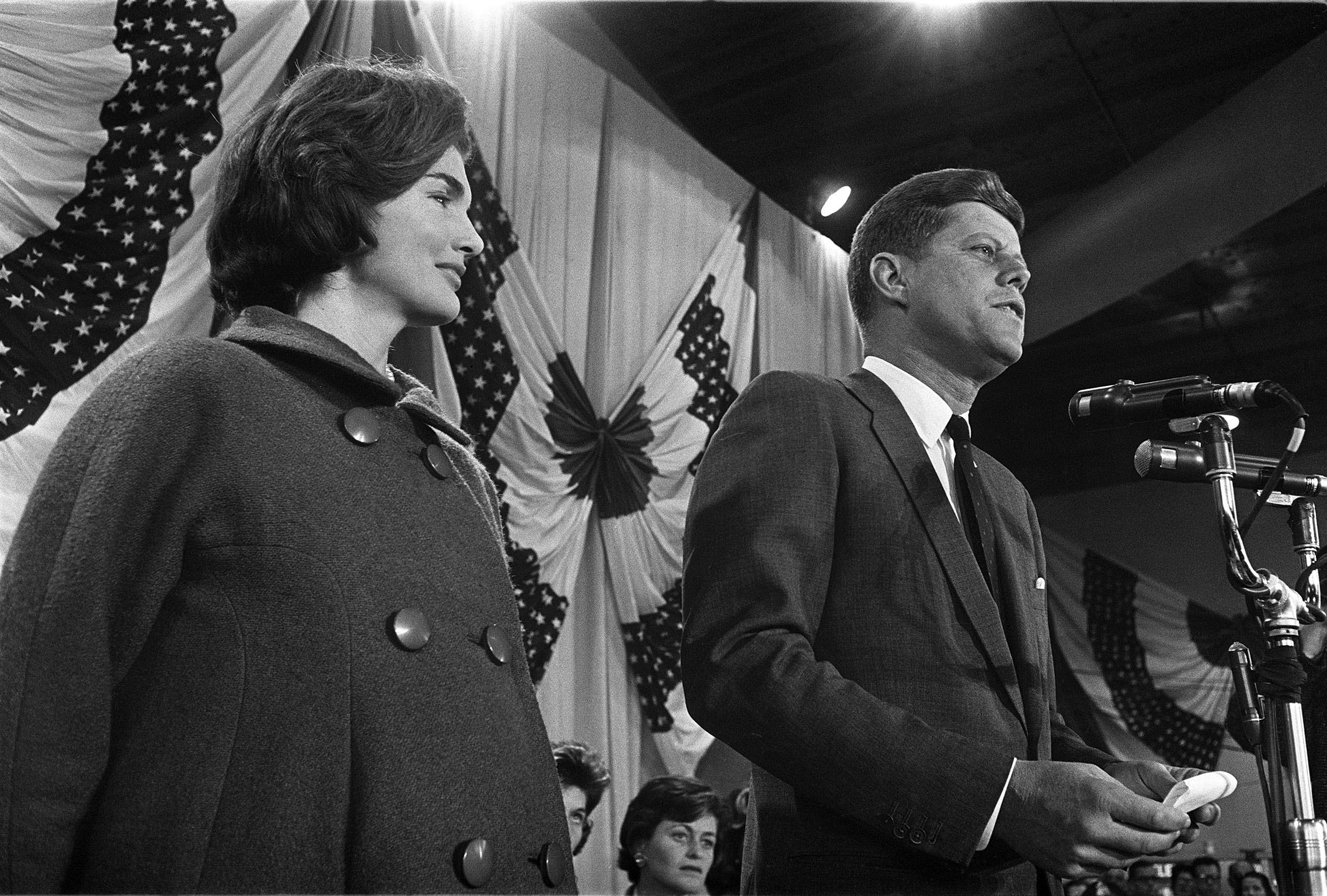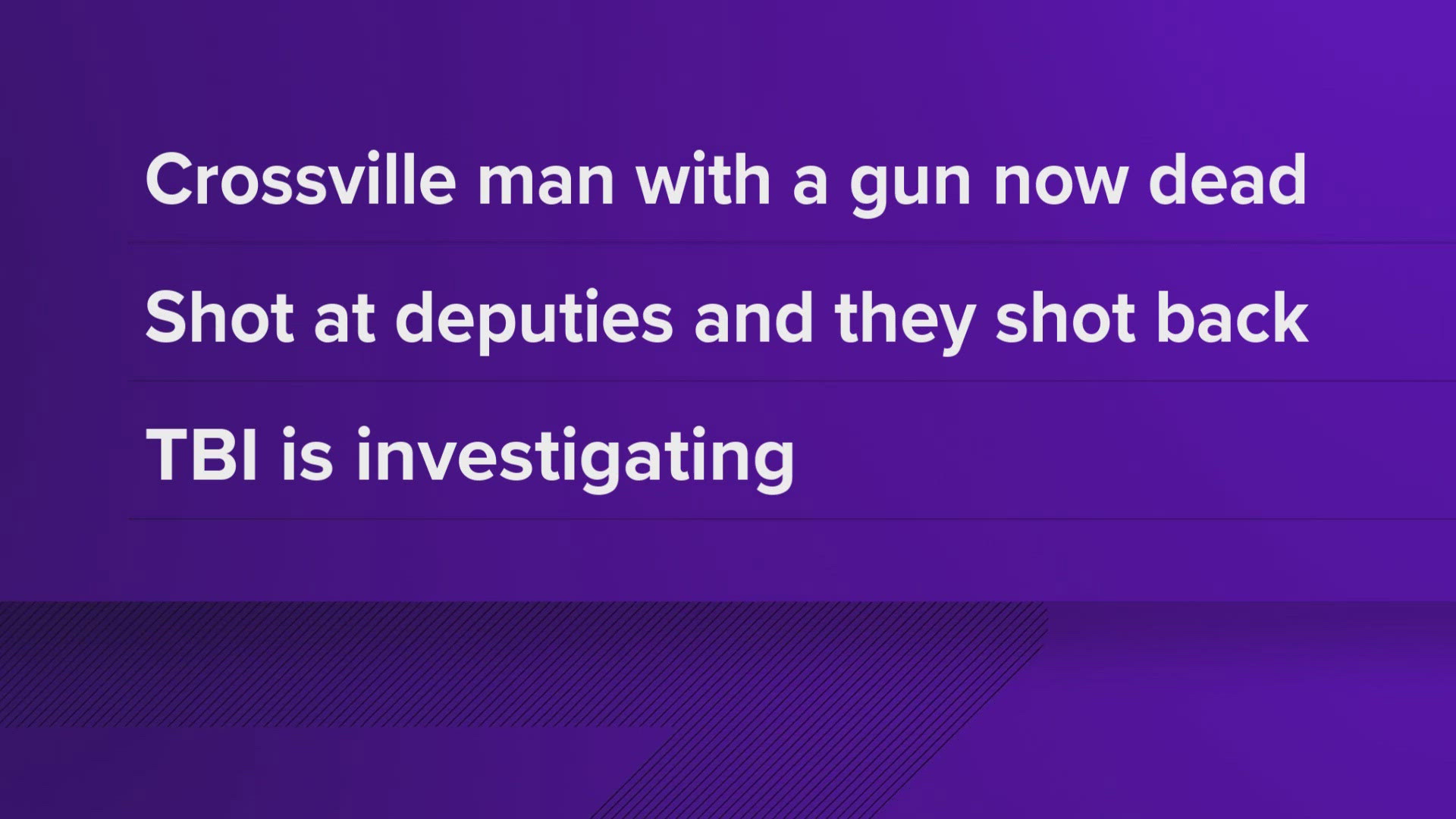DETROIT -- John F. Kennedy arrived in Dallas on Air Force One before noon on Nov. 22, 1963. Hours later, the slain leader was being flown back to Washington, D.C., as radio communications crackled back and forth between the plane and various officials on the ground.
"The president is on board, the body is on board, and Mrs. Kennedy is on board," a voice said at one point, starkly describing the just sworn-in Lyndon B. Johnson and the-now dead JFK.
This month, as events, books and TV specials mark the 50th anniversary of the assassination, a new piece of evidence has Kennedy researchers buzzing.
It's an 88-minute audio recording of Air Force One radio transmissions that's described as the most complete version of those communications yet.
And it may indicate that a longer version with fresh revelations is out there somewhere.
The recording is described on the JFKFacts.org website as among the most important pieces of assassination-related evidence to surface in the past five years.
It was enhanced for sound quality and combined from two separate tapes by audio/video forensic expert Ed Primeau of Primeau Forensics in Rochester Hills, Mich.
Like anything new about the JFK assassination, the recording is bound to be pored over by those fascinated by what a majority of Americans consider an unsolved mystery.
Conspiracy theories still exist that cast suspicions on everyone from the Cubans and the Russians to the mob and even portions of the U.S. government.
Primeau believes "100 percent" that there was editing done to the two tapes that were used in the 88-minute version.
Primeau, 55, has been an expert witness for criminal and civil cases across the country.
In fall 2012, he was contacted by author and JFK assassination researcher Bill Kelly, who wanted technical help in combining two audiotapes of Air Force One radio transmissions: one released in the 1970s from LBJ's presidential library and a longer one that came to light a couple of years ago from the belongings of Gen. Chester Clifton, a military aide to Kennedy.
Kelly transcribed the tapes. Primeau, working off and on starting in about January, spent time enhancing the sound quality.
Brad Finegan of Primeau Forensics combined the two tapes in chronological order using Kelly's transcripts and some overlapping as guides.
Last month, Kelly presented an analysis of the tapes at a 50th anniversary assassination symposium at Duquesne University's Cyril H. Wecht Institute of Forensic Science and Law in Pittsburgh.
"The Air Force One tapes are sort of like the black box of the assassination. It has all the basic information there you want to know of what happened at the highest levels of government in the two hours after the assassination. And it all should be right there but there's some that's missing," says Kelly, whose website is JFKcountercoup.blogspot.com.
"Spine chilling" is how Primeau describes listening to the tapes, which are peppered with code names like Volunteer (for LBJ) and Lace (for Jacqueline Kennedy) and urgent efforts to make arrangements for things like a lift to remove the casket from the plane in D.C.
Generals, Secret Service members and radio operators can be heard. At one point, the airborne LBJ is patched through to JFK's mother, Rose, at the Kennedy compound in Hyannisport, Mass., to offer his condolences.
Primeau believes that the LBJ and Clifton recordings are what are called safety copies that don't contain the entire radio transmissions from Air Force One. "As I listen to the recordings, I can hear edits."
That raises questions. "What was taken out, who took them out and where are they?" he asks.
It also points to the possibility that the entire record of the radio transmissions is somewhere out there, says author and former Washington Post reporter Jefferson Morley, who has led the charge to have the CIA release still-classified material on the assassination.
"It's not the tape itself. It's what the tape tells us. And what the tape tells us is that there was a longer recording of the Air Force One communications on November 22. That was never known before," says Morley, who's written about the new recording for the site he moderates, JFKFacts.org.
The Air Force One recording is considered significant by those still looking for a credible explanation for the JFK assassination. But new information based on fact, not speculation, also interests conspiracy debunkers.
"Aside from what I might disagree with Kelly on, it's always a good thing to try to get the historical record in better shape, to clarify the material," says professor John McAdams of Marquette University, whose JFK assassination website appeals to those who believe accused assassin Lee Harvey Oswald acted alone.
Primeau suspects the original source tapes of the Air Force One tapes may no longer exist. "Will they ever surface? I don't think so. I think they're destroyed, like parts of the Watergate tapes were destroyed, permanently gone so that nobody could ever find out."


